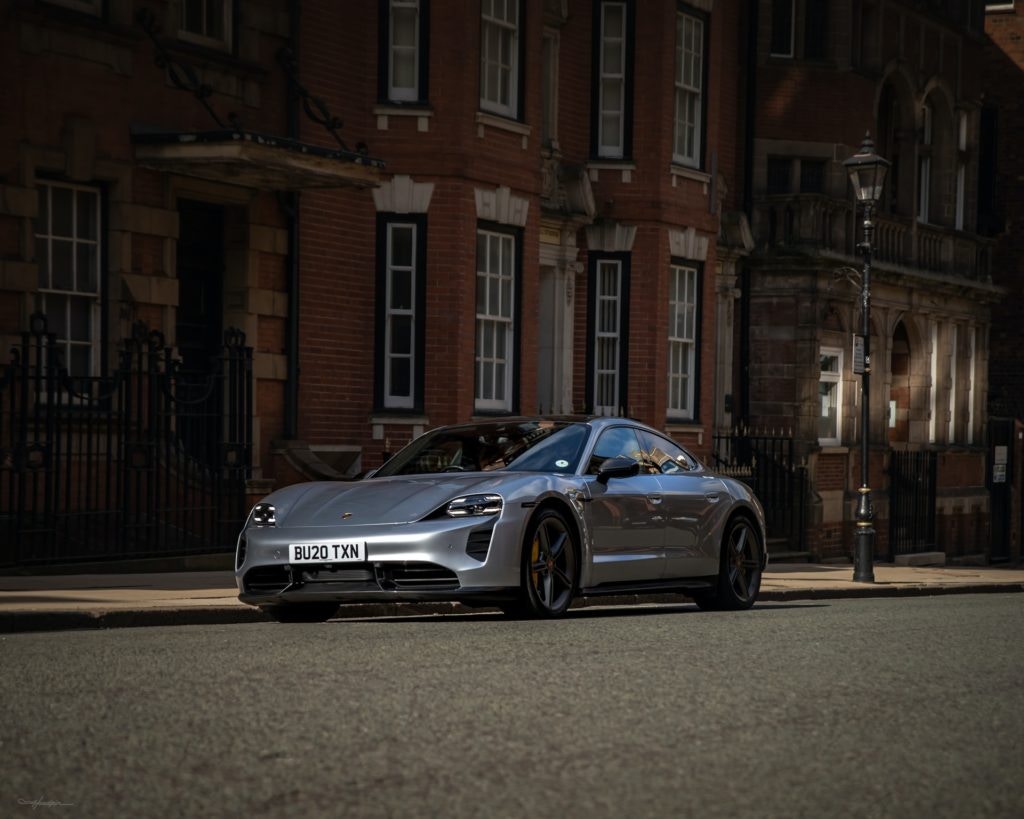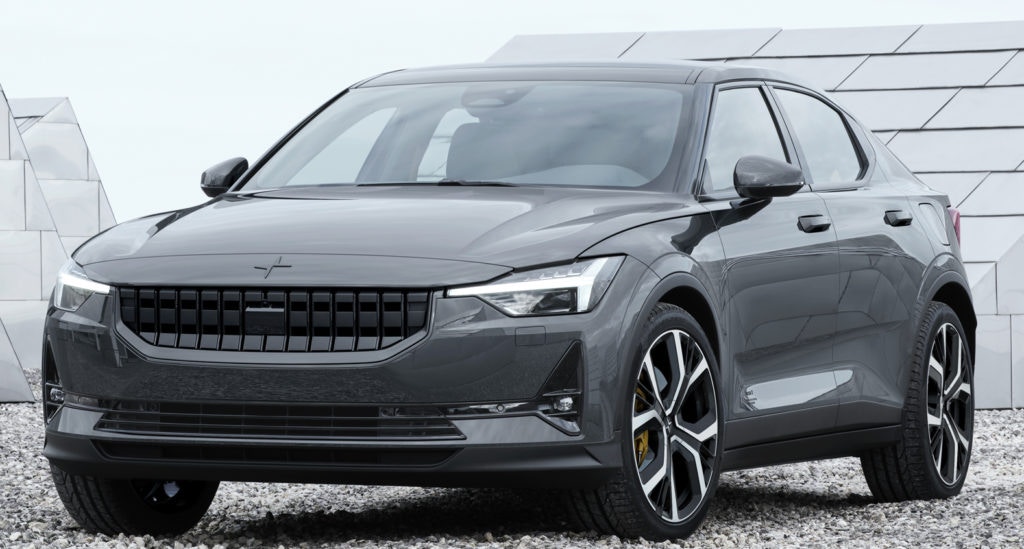Electric car depreciation — the ultimate guide

With the electric switchover on the horizon, you might be considering the future of your vehicle — is it worth selling your petrol car in order to go electric? Will an electric car depreciate faster? While there are plenty of positives to being the owner of an electric car, not least lack of road tax, you should remember to consider the long-term logistics, and that means inevitable electric car depreciation. Or, perhaps you’re thinking of selling your electric car – in that case you’ll need to know how to get the best price.
What is car depreciation?
Car depreciation refers to your car’s loss in value as it ages. In some cases you may find this happens the moment the car becomes yours, as it is now a second-hand vehicle and not brand new. Cars will lose value over time due to age and use, as well as general demand. For example, a three year old car that has done 60,000 miles will be worth less than a one year old car that has barely lapsed 10,000.
For some people, being certain of their car’s resale value is key in their buying decision. It’s pretty unlikely you’ll ever make back what you paid for a new vehicle, but some cars will make better returns than others. And that’s no different when it comes to electric car depreciation.

What factors contribute to electric car depreciation?
Electric cars are subject to the same factors of car depreciation as a petrol or diesel car, but with some added extras due to their design. However, they can also enjoy the benefit of being one of the most in demand cars of the moment, and with premium brands like Tesla among current EV suppliers, buying an electric car may even be a better investment than a petrol or diesel model.
Electric car depreciation will generally be due to:
- High mileage
- Age
- Interior and exterior cosmetic condition
- Service history
- Battery condition/age
- EV type (hybrid, full etc.)
Electric cars are also subject to different incentives like government grants which in some cases can persuade people to simply buy new, therefore lowering the demand for used EVs. That said, it’s worth noting that some of these incentives have changed significantly as demand for electric cars has risen, so by 2035 there may be less resistance to buying second-hand.

How fast do electric cars depreciate?
According to the AA, a new car will lose around 60% after its first three years at a mileage of 10,000 miles a year. This shouldn’t be news to most car owners, as depreciation is simply a fact of life (and makes it even more important to get the best deal when you sell your electric car). While electric cars aren’t immune to this basic three-year rule, they have been performing notably well in recent times as ULEZ zones and trending brands help them retain value for longer.
Back when electric cars were first becoming popular, it was harder for them to hold value — this was due to lack of demand from such a niche car. The Peugeot iOn and Citroen C-Zero, for example, both fared pretty poorly so far as residual value of electric cars is concerned due to being released at a time when public interest was low and charging stations were next to non-existent. Things have definitely changed since then, with over 20,000 electric car charging points around the UK. General performance has also improved, with better driving ranges per charge and quicker overall charging times. Of course, with the government hoping to have us all driving electric cars in 2035, future demand is guaranteed.

How long do electric car batteries last?
Electric car batteries last between 10-20 years. The vital difference between a traditional fuel car and an electric car, the battery, is a reason behind their depreciation, too. Electric car batteries are essential to keep the car running, and if the battery is in poor condition, it directly impacts the value of the whole car.
The good news is that car batteries can be easily replaced, however, there are things which can see your battery degrade in condition faster:
- Overcharging
- Extreme temperatures
- Charging immediately after driving without a battery cool-down period
- Using only rapid chargers
Generally speaking, though, this shouldn’t put you off buying an electric vehicle — petrol and diesel cars are no more immune to the wear and tear that comes with decades of use.
Does brand matter when it comes to depreciation?
Yes. The more in-demand a brand is, the more likely it is to still be desirable even as a second-hand vehicle. This is why electric cars from Tesla and Mercedes can buck the trend when it comes to the 60% lost value rule. There are also other considerations like congestion zone rules and low emission zones that will ensure demand for EVs remains high in certain areas — Oxford’s new low emission zone, for example.
Other factors can also come into play, including a brand’s general customer appeal and its overall offering. Vauxhall, for example, while not a high-end brand, is doing well at staving off EV depreciation because it is a much-needed affordable, family-friendly entry in the UK’s current range of electric cars for sale.

Which electric cars hold their value?
As with any other sort of car, electric car brands that are particularly sought-after will enjoy better value in the long run. According to cap hpi, some of the best electric cars for retaining value include:
Smart EQ ForFour
Arguably, Smart will always have an edge due to being a leading choice of compact car for city dwellers. And, considering the majority of electric car chargers are located in densely populated areas, this means Smart has a good chance of becoming the EV of choice for many urbanites. Reported to lose 57% of its value within three years, the Smart EQ ForFour comes up equal with standard fuel cars when it comes to depreciation.

Tesla Model X
It goes without saying that one of the world’s most in-demand brands has strong performance when it comes to electric car resale value. The Tesla Model X is one of the priciest entries in the brand’s catalogue and after three years is thought to lose only 43% of its value. Given current trends, there’s good reason to think this car will give even stronger returns depending on each would-be buyer.

Hyundai Ioniq
Referring to the full-electric version of this Hyundai model, the Ioniq’s place on the market as an affordable family car helps it keep a solid electric car resale value even three years in. Reported to lose 48% of value in that time, this model shouldn’t have trouble finding a buyer.

Porsche Taycan
From a premium brand, the Tayan was reported as losing only 37% of its value in three years, which is an impressive feat compared to others on this list. It’s worth noting with such high-end brands as Porsche that buyers may be thinner on the ground, but that’s just another reason to sell the Motorway way and get your car in front of 7,500+ dealers.

BMW i3
The BMW i3 has been available for almost a decade now, but remains in strong demand, which is a good thing for those looking for a good resell price. The i3 is reported to lose a little over half its value in three years. Considering the i3 is still quite expensive to buy new, second-hand versions may find some keen buyers.

Tesla Model 3
Another entry from all-electric premium brand Tesla, the Model 3 is one of the brand’s best for withstanding EV depreciation (a little over 40% after three years) due to also being one of the most affordable in its catalogue, ensuring demand.

Polestar 2
Losing just 42% of value after three years, Polestar only offers one EV at the moment, and that is the Polestar 2. This air of exclusivity is also what is helping this model retain its value.

Volkswagen e-Golf
The Volkswagen e-Golf loses around 49% of value over three years thanks to finding plenty of demand from second-hand buyers looking for an affordable family-friendly electric vehicle.

Do electric cars have good resale value?
Yes, as interest in these vehicles has grown and the age of all-electric creeps closer, value is set to stay steady. In 2020 alone more electric cars sold from January to September than in the whole of the previous year, it was also reported that EVs are becoming the most affordable type of car.
Brands including Jaguar, Mercedes-Benz, Fiat, and Volvo all plan to have done away with non-electric cars by 2035. At the moment, electric cars are thought to retain about 48% of their original value after three years, which puts them marginally ahead of the combustion engine counterparts.
There is also the argument that what electric vehicles may lose to depreciation, they make up for in what they save you in running costs like petrol, as well as making owners exempt from other fees and tax.

Sell your car
If you’ve decided to switch your car to electric, you might have a car you want to sell first. Or, perhaps you want to sell your EV while it still holds good value. Whatever the case, do it the Motorway way. Dealers compete to give you their best price, and it’s easy, quick, and 100% free with no hassle.
Ready to sell your car?
Ready to learn more about valuing, maintaining, and selling your car? Check out more of our guides here, covering everything from hybrid and electric car depreciation, to converting your car to dual-LPG fuel.
- Electric cars — the ultimate guide
- How to sell an electric car
- Electric cars — should you buy or sell?
- LPG cars — the ultimate guide
- Do electric cars pay the congestion charge?
- Do electric cars need servicing?
- What is a hydrogen fuel cell car?
- What is a mild hybrid car?
- Most frequently asked electric car questions
The information provided on this page is for general informational purposes only and should not be considered as professional advice.